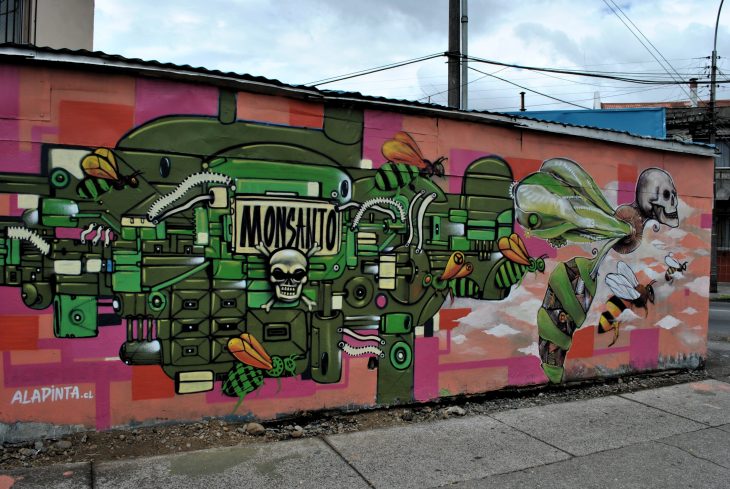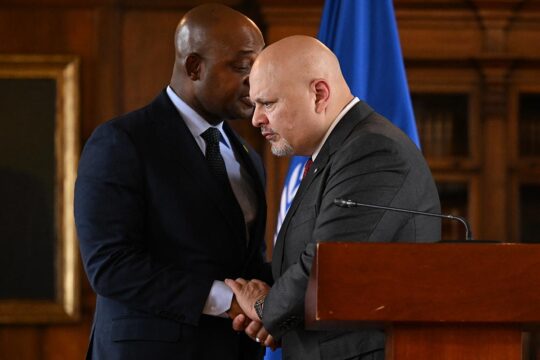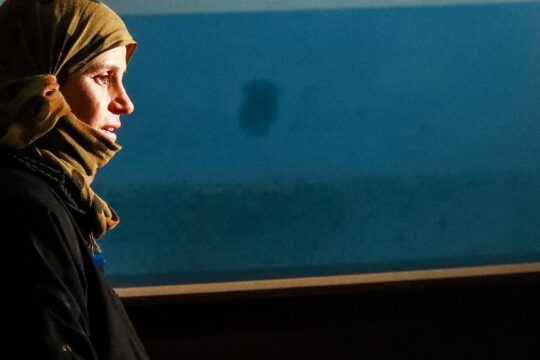Global activists Friday launched a people's tribunal, accusing giant US seeds firm Monsanto of violating human rights and committing the crime of "ecocide", by posing a "major threat" to the environment.
Monsanto, which produces genetically-modified seeds as well as controversial pesticides, has already dismissed the gathering in The Hague organised by hundreds of grassroots groups as a "parody" with no legal standing, and refused to attend.
But five professional international judges will hear from 30 witnesses, including scientists, farmers and beekeepers, who have travelled from five continents for the three-day event.
The aim is to draw up a legal advisory opinion which could be fed into existing law, including writing "ecocide" as a crime into international criminal law.
The move comes as the European Union is to examine a $66-billion (60-billion-euro) bid by German chemicals giant Bayer to buy out Monsanto.
"Saving our seeds, in my view, is the most revolutionary action in our times," said Vandana Shiva, an Indian author who has clashed in the past with Monsanto.
"This is laying out the work to have a future without poisons," she told an opening press conference.
Six questions have been put before the judges in The Hague, including whether Monsanto has violated the rights to a safe environment, to food as well as the highest standards of health.
The panel has also been asked to determine whether by producing the Agent Orange defoliant used by US forces in the Vietnam War, Monsanto was also complicit in war crimes.
And it has been asked whether Monsanto's activities could constitute "a crime of ecocide, understood as causing serious damage or destroying the environment."
- Environmental crimes -
The event comes as the prosecutor at the International Criminal Court based in the Dutch city has said she intends to deepen her focus on environmental crimes such as land grabs.
"The tribunal will decide whether Monsanto has, or has not, failed in its international obligations," said Corinne Lepage, former French environment minister.
"We need to give civil society the same weapons in all the countries of the world so that they can defend themselves in the same way against Monsanto."
But Monsanto has defended itself against the charges saying in an open letter the tribunal aimed to "divert attention away from vital discussions on the world's food and agriculture needs."
And it insisted that it is working with farmers to help them adapt to climate change, adding it was convinced all forms of agriculture could co-exist.
Monsanto's GM seeds are designed for use alongside its pesticide glyphosate which has made headlines this year over cancer fears.
Bayer also faces close scrutiny over its own pesticides, accused by some of contributing to mass die-offs of bees.
Monsanto
Bayer





